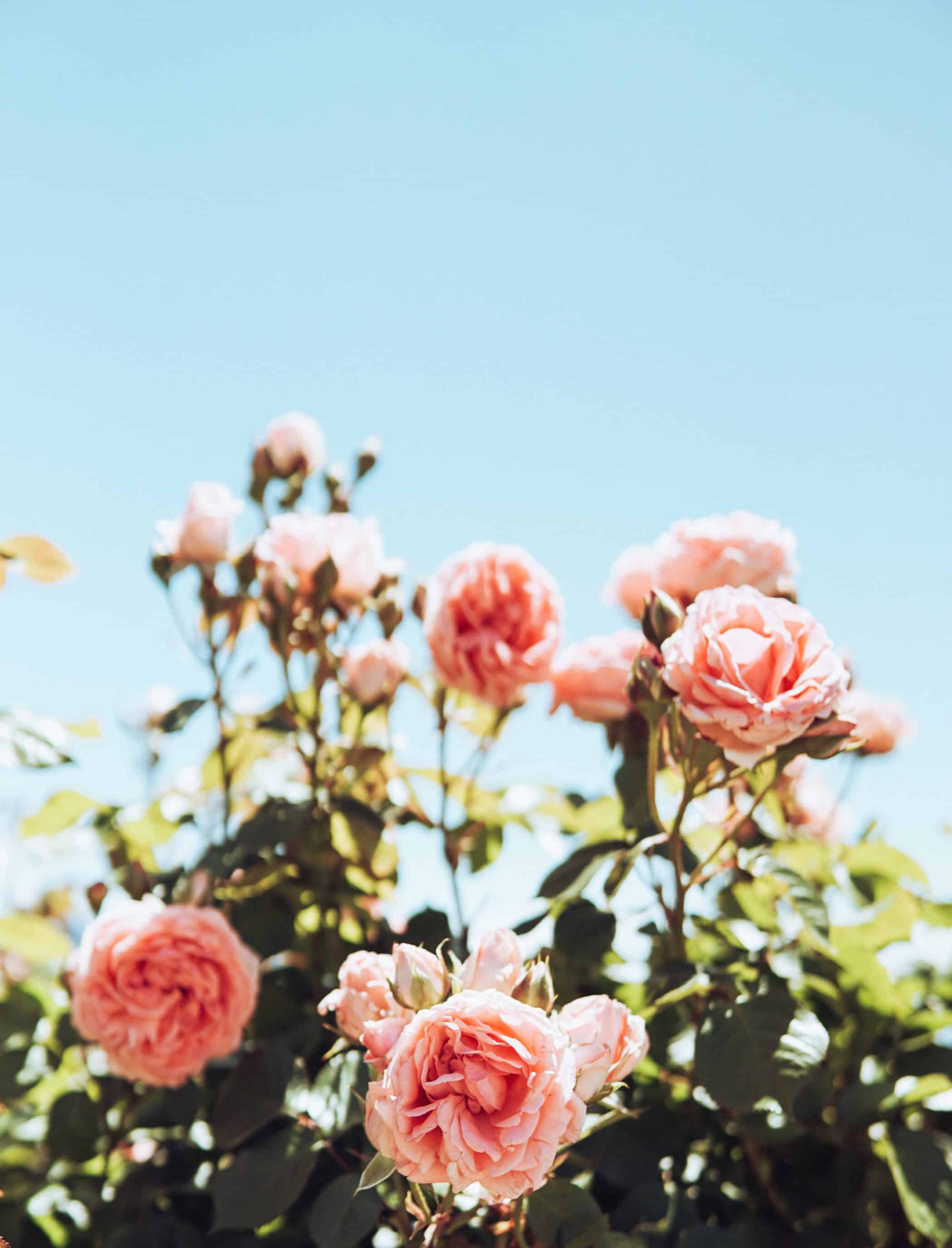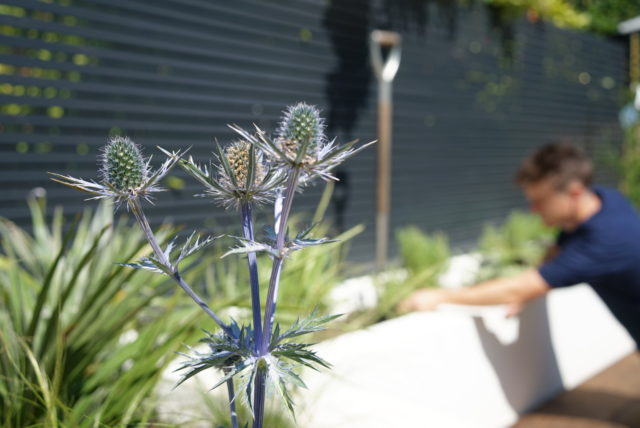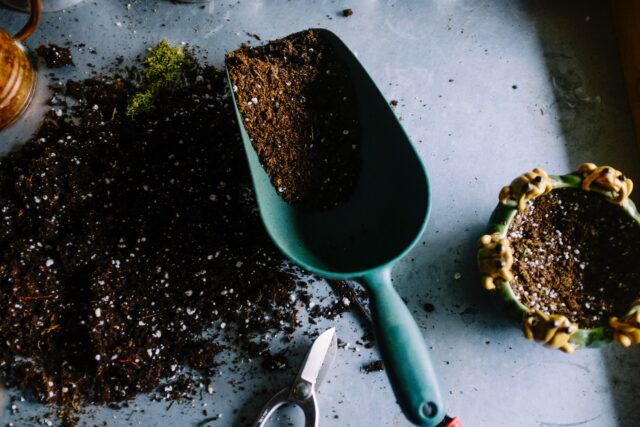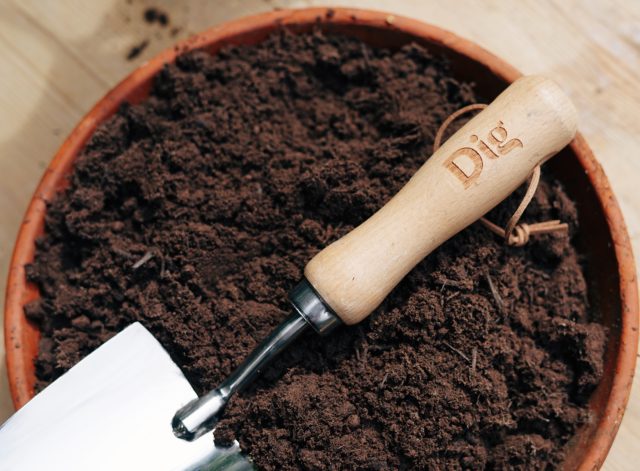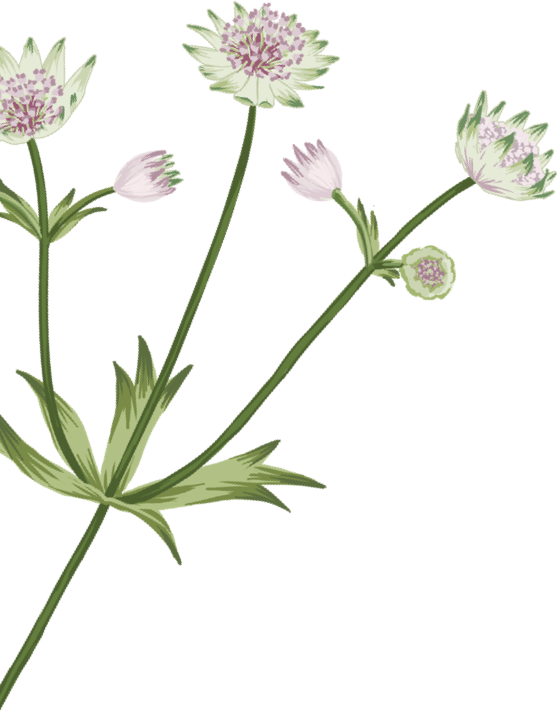It’s been a very warm, dry period down in the south of the country and the word on the wire is that the drought is set to continue. Climate breakdown really isn’t helping matters and, with the situation likely to continue unless we dramatically change some of our behaviours (across the board of course, not just in the garden) then establishing these good habits during hot spells will serve us all well for the future. So, to help you conserve water responsibly this summer, as well as looking after your plants, here’s some useful advice from our team on preparing your garden for heat.
Let your lawn go brown
Well-established lawns can withstand a period of drought. They’ll recover and turn green once rain has come. Focus watering on trees, shrubs and perennials.
Weed regularly
This will ensure that your plants aren’t competing with weeds for light, moisture and nutrients from the soil.
Mulch!
To prevent evaporation of water from the surface of the soil, mulch the soil around plants with straw or bark. It will also help fend off slugs, snails, and weeds.
Get a water butt
Saving rain water in the garden means you’re minimising water use with an energy cost attached to it. If you really want to go for it, fix a water butt to every rainwater downpipe on your house, shed, greenhouse, conservatory or garage.
Water slowly and deeply
Watering deeply is more efficient than a sprinkle as this encourages root growth. Watering slowly is also better for plants so it soaks in rather than running off. With this approach, you can afford to water less-regularly (but keep an eye on tell tale drooping signs and soil moistness).
Avoid fertiliser in a drought
Feeding plants encourages them to grow tender growth more quickly, therefore they’ll be using up more water.
Avoid heavy pruning of trees and shrubs
They’ll need those branches to retain water. Better to leave it until its cooler.
Consider denser planting
The fewer patches of bare soil there are, the less moisture will be allowed to quickly evaporate from the surface of the soil. Mulch can overcome this too, but a full flower bed is going to retain moisture better than a sparsely planted one. If you have some gaps, consider plugging them with bedding plants.
Be mindful of water use
Do you have a paddling pool this summer? Is there a vase of flowers on the kitchen table? When you’re done with them, or any other type of neutral-ish water (though perhaps avoiding washing up water, for example, due to the soap content), don’t just empty this away – it will be very welcome on your flower beds! In fact, this principle really stands the whole year round.
With the above in mind, we can all take a few small steps towards keeping our gardens looking fantastic, and being responsible, eco-conscious gardeners whilst we’re at it.

